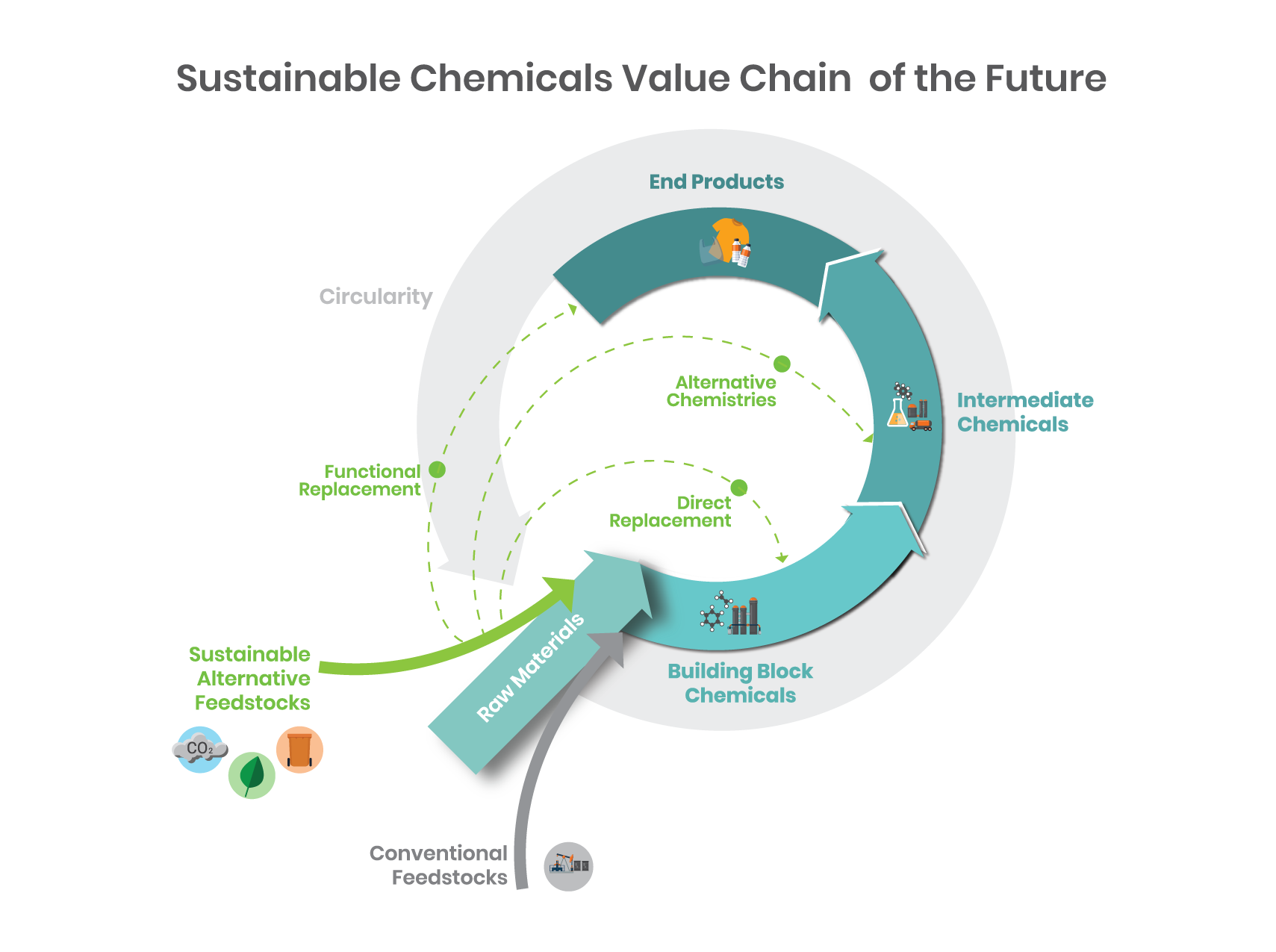Discover the most up to date Advancements in Chemical Products for Improved Performance
Discover the most up to date Advancements in Chemical Products for Improved Performance
Blog Article
Key Factors To Consider for Picking the Right Chemical Products to Attain Effective Integrated Solutions in Your Operations
Picking the ideal chemical items for integrated services in operations calls for a complex technique that includes numerous crucial factors to consider. From evaluating chemical compatibility to making sure adherence to regulatory standards, each element plays a crucial role in enhancing operational performance and safety. Moreover, evaluating ecological effects and distributor dependability can not be forgotten in this elaborate decision-making procedure. As companies strive to enhance their methods, the interplay of these elements elevates vital questions regarding best methods and prospective pitfalls that warrant more exploration.
Comprehending Chemical Compatibility

To examine compatibility, one need to think about aspects such as the chemical homes of the materials involved, including pH, focus, temperature, and the existence of contaminations. Utilizing compatibility charts and databases can offer useful understandings right into possible communications. In addition, conducting small-scale tests can help recognize unforeseen reactions that may not be documented.
Additionally, recognizing the ecological problems in which the chemicals will certainly be saved or made use of is essential. Variables such as moisture, light direct exposure, and temperature level can affect the security and reactivity of chemical products. By focusing on chemical compatibility throughout the selection process, organizations can enhance operational performance, minimize the risk of crashes, and make certain conformity with security procedures. Eventually, an informed strategy to chemical compatibility is foundational for maintaining secure and efficient operational settings.
Assessing Governing Compliance
In the facility landscape of chemical product choice, reviewing regulative compliance is extremely important to guaranteeing not just safety however additionally legal adherence. Organizations should browse a myriad of laws, from local and national regulations to international standards, that govern the use, storage, and disposal of chemical compounds. This needs a detailed understanding of suitable laws such as the Occupational Safety And Security and Wellness Management (OSHA) criteria, the Epa (EPA) standards, and the European Union's Registration, Assessment, Authorisation and Limitation of Chemicals (REACH)
When choosing chemical products, it is important to confirm that suppliers provide Safety and security Information Sheets (SDS) that detail potential threats and taking care of needs. Moreover, companies ought to confirm that the chemicals comply with industry-specific laws, which may enforce extra stipulations. Non-compliance can cause extreme penalties, consisting of penalties and operational shutdowns.
Additionally, organizations ought to stay upgraded on governing adjustments, as non-compliance can develop from obsolete techniques. Developing a robust compliance strategy, consisting of regular audits and staff member training, can help make sure adherence to existing policies. Eventually, focusing on regulative compliance not only mitigates threat but additionally enhances the company's credibility and operational efficiency.
Assessing Environmental Effect
Just how can organizations efficiently assess the environmental effect of chemical products during the choice procedure? Organizations should begin by determining the prospective dangers associated with each chemical, consisting of toxicity, perseverance in the environment, and bioaccumulation possibility.
In addition, organizations can utilize third-party accreditations and eco-labels that show conformity with ecological requirements - Chemical Products. Involving with providers who prioritize sustainability practices can also improve the choice procedure. It is important to analyze not only the direct results of chemical usage but also the indirect impacts, such as energy usage and waste generation
Executing life process analysis (LCA) methods can provide extensive insights into the environmental impact of chemical products, highlighting locations for renovation. By prioritizing transparency and partnership with stakeholders, companies can make enlightened choices that line up with their sustainability objectives while minimizing adverse ecological end results. This proactive approach inevitably cultivates an extra responsible and eco-conscious operational structure.
Assessing Cost-Effectiveness
While examining chemical items for operational usage, organizations need to likewise take into consideration cost-effectiveness as a critical factor in the option procedure. This includes evaluating not just the initial purchase cost yet likewise the complete cost of ownership, which includes factors such as use effectiveness, maintenance, and disposal costs. Chemical Products. An item that appears affordable upfront may sustain greater prices in energy usage or call for even more regular substitute, inevitably impacting the bottom line
In addition, organizations need to analyze the capacity for cost savings through maximized formulas that boost efficiency and lower waste. As an example, products that call for lower application rates or use faster handling times can bring about substantial financial savings over time. It is you can look here also crucial to take into consideration the influence of regulatory conformity prices, as non-compliance can result in penalties and enhanced functional expenses.
In addition, companies ought to examine the long-term worth stemmed from the chemical items, including improved quality, enhanced performance, and enhanced security. An extensive cost-effectiveness evaluation encourages organizations to make enlightened decisions that line up with both their economic goals and operational objectives, eventually leading to lasting and reliable methods.
Identifying Provider Integrity
Vendor integrity is extremely important when picking chemical items for procedures, as it directly influences both product high quality and about his operational efficiency. A reliable supplier consistently supplies high-grade items on time, making sure that your procedures stay uninterrupted.
Following, think about the provider's history of conformity with policies and standards. A credible vendor ought to have a durable high quality guarantee program that abides by sector guidelines. In addition, assess their capability to provide technological assistance and product details, which is important for informed decision-making.

Conclusion
In conclusion, choosing the ideal chemical items for incorporated options demands an extensive analysis of a number of essential variables. Understanding chemical compatibility, making this hyperlink sure regulatory compliance, evaluating environmental influences, evaluating cost-effectiveness, and recognizing trustworthy providers jointly contribute to educated decision-making.
Report this page